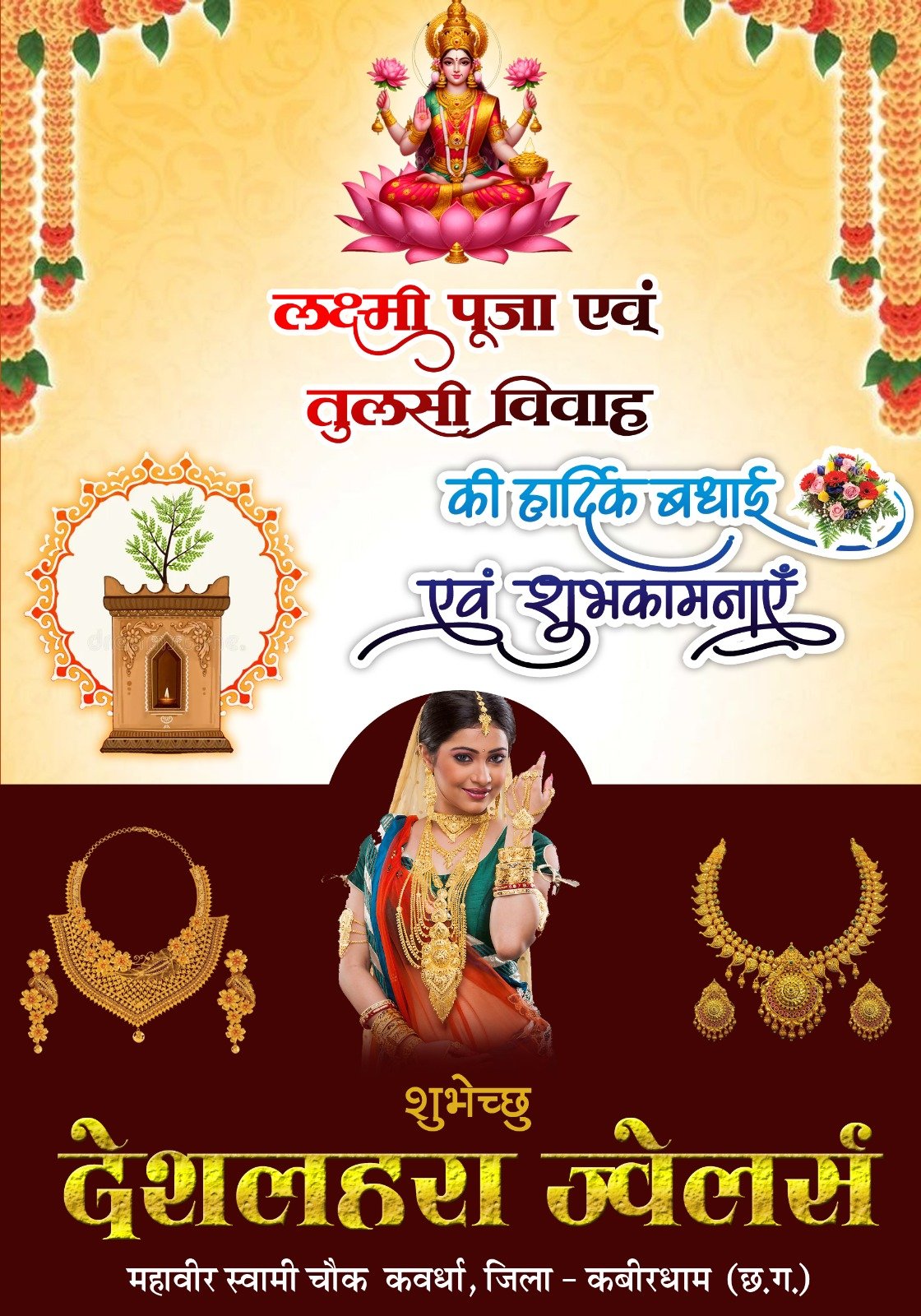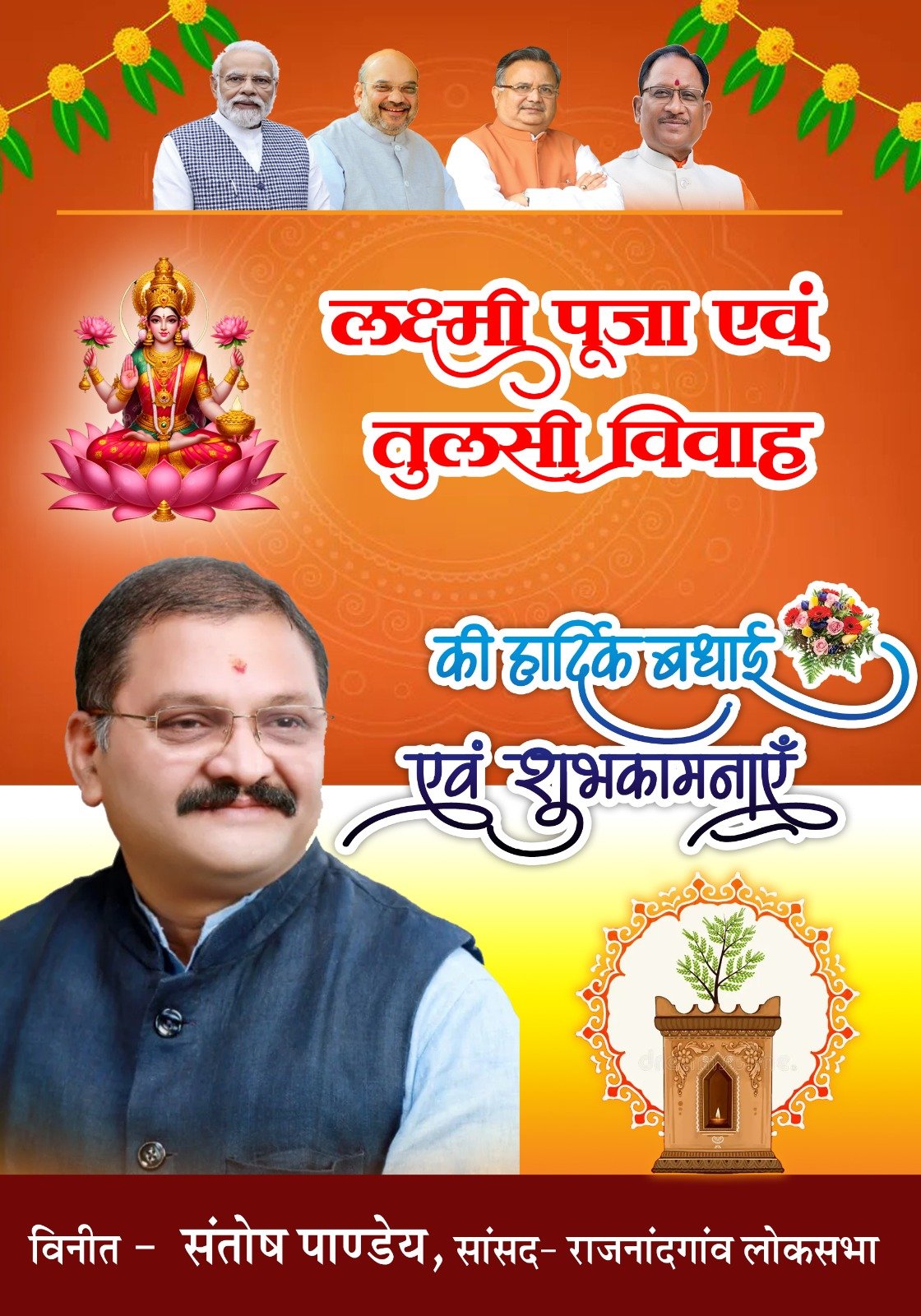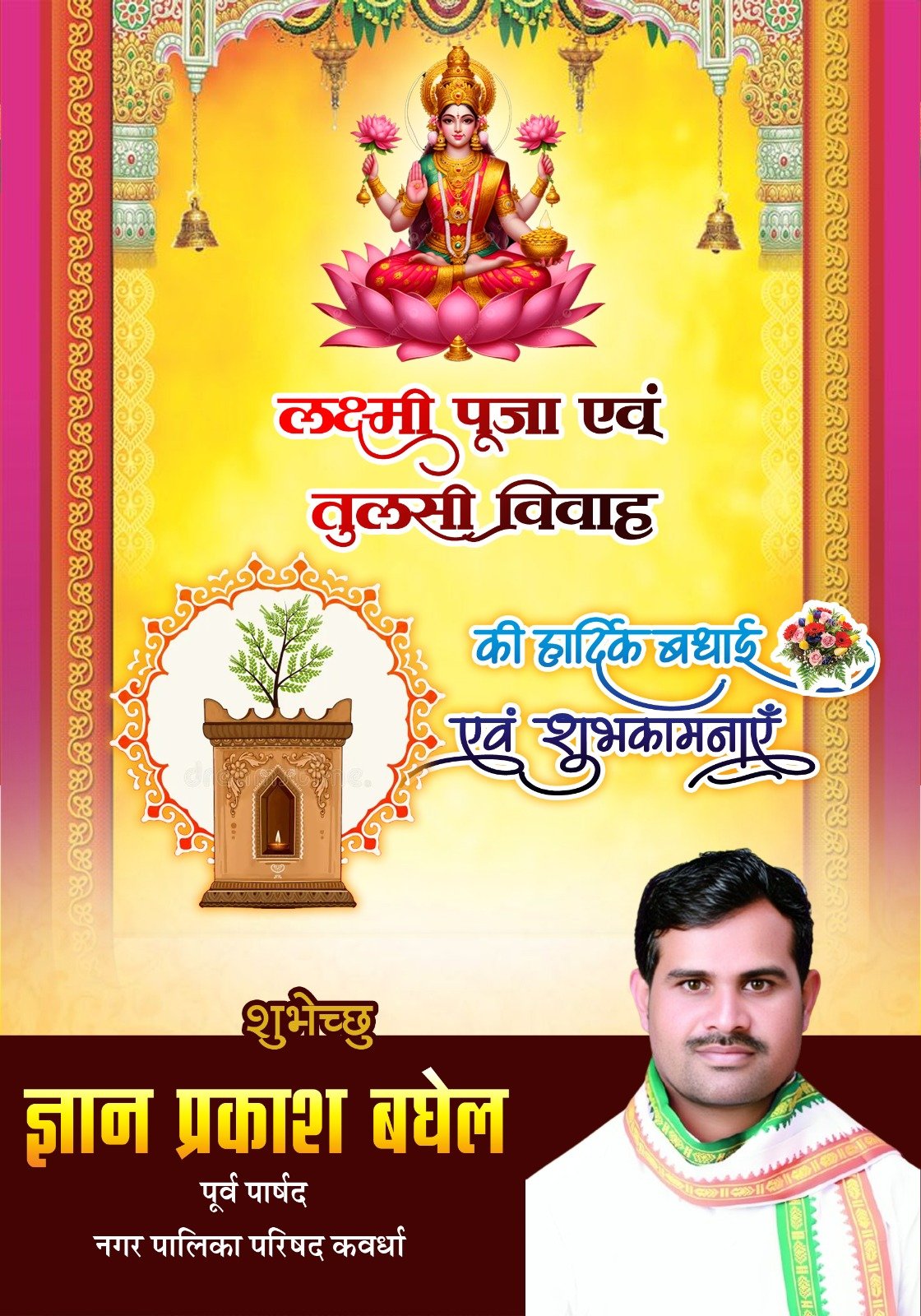1. The Significance of Celestial Symbols in Gambling Cultures
Across civilizations, celestial symbols have long served as powerful motifs in gambling practices, believed to influence luck, fate, and the outcome of games of chance. For example, ancient Chinese dice games often incorporated representations of stars and planets, reflecting their cosmological beliefs that heavenly bodies governed terrestrial fortunes. Similarly, in ancient Mesopotamian cultures, the movement of celestial bodies was linked to omens that players interpreted to guide their betting strategies.
Cultural variations are notable: in Western traditions, the zodiac signs—linked to the constellations—are frequently used in horoscopes that influence gamblers’ decisions. In contrast, Native American tribes associated specific celestial motifs, such as the Milky Way, with spiritual guidance that extended into their gaming rituals. These differences highlight how celestial symbols are woven into local spiritual and superstitious frameworks, shaping how games are played and interpreted across societies.
Psychologically, celestial symbolism can significantly impact players’ perceptions. The belief that certain stars or planets bring luck may induce a placebo effect, boosting confidence or calming anxiety during gameplay. Studies suggest that players who associate their lucky numbers or symbols with celestial phenomena often experience increased optimism, which can influence their risk-taking behaviors and decision-making processes.
2. Mythological Origins of Celestial Symbols in Gambling
Mythology offers rich narratives linking constellations and celestial bodies to concepts of luck, fate, and divine influence—elements central to gambling superstitions. For instance, the Greek myth of Orion, a mighty hunter placed among the stars, was historically associated with strength and good fortune in gambling contexts. Similarly, the Chinese legend of the Cowherd and the Weaver Girl, symbolized by the stars Altair and Vega, embodies themes of longing and luck, influencing traditional betting rituals during the Qixi Festival.
Case studies reveal specific celestial symbols tied to superstitions: the lucky number 8 in Chinese culture is linked to the planet Saturn, considered auspicious for financial luck. In Western superstitions, the occurrence of a “lucky star” or a “shooting star” is believed to herald good fortune, prompting gamblers to make bold bets during such celestial events. These mythic stories continue to influence modern interpretations, where players often look for celestial signs as omens of success or failure in contemporary gaming environments.
The narratives surrounding celestial symbols embed themselves into modern gaming narratives—slot machines, for example, frequently feature star and planetary motifs, echoing mythic associations and reinforcing the mystical aura that attracts players seeking luck.
3. The Science Behind Celestial Symbols and Human Perception
Cognitive biases such as pareidolia—the tendency to perceive patterns or meaningful images in random data—explain why players often see celestial motifs as lucky signs. When exposed to celestial imagery, players’ brains are primed to recognize patterns, fostering false correlations between celestial events and game outcomes. This phenomenon is reinforced by the availability heuristic, where memorable celestial signs (like a shooting star) are perceived as more influential than random chance.
Astrology plays a significant role in shaping gambler behavior; horoscopes predicting favorable days can influence when players choose to place bets. Research indicates that during Mercury retrograde, for example, some players experience increased anxiety, leading to more conservative bets, while others interpret celestial disruption as a sign to avoid gambling altogether.
Neurologically, exposure to celestial imagery activates areas associated with reward processing, such as the nucleus accumbens. Functional MRI studies reveal that when players see star motifs or planetary symbols during gameplay, their emotional arousal increases, potentially enhancing the thrill of gambling and reinforcing superstitious behaviors.
4. Symbolism and Rituals: Enhancing Luck with Celestial Elements
Many gambling rituals incorporate celestial symbols to invoke luck. For instance, players may wear jewelry featuring stars or moons, believing these motifs channel cosmic energy. In casinos, some patrons place charms with celestial engravings on betting tables or hold lunar talismans before spinning roulette wheels. These rituals serve as psychological anchors, boosting confidence and reducing anxiety.
Gaming space design also reflects celestial themes: slot machines adorned with starry night backgrounds or planetary images aim to enhance the feeling of cosmic luck. Superstitions often dictate that certain celestial objects—like a full moon—are especially potent for gambling, prompting players to schedule their visits during specific lunar phases.
Betting strategies sometimes incorporate celestial symbols through rituals: drawing a star-shaped token before placing a bet or reciting chants invoking celestial powers. Such practices can create a sense of control or destiny, subtly influencing players’ choices and reinforcing their belief in luck derived from cosmic forces.
5. Modern Innovations: Incorporating Celestial Symbols in Gaming Technology
Digital gambling platforms embrace celestial themes extensively. Slot machines often feature cosmic backgrounds, star clusters, and planetary symbols as part of their aesthetic, aligning with the allure of luck and destiny. For example, popular online slots like “Starburst” utilize vivid celestial imagery to attract players and evoke a sense of cosmic fortune.
Augmented reality (AR) and virtual reality (VR) experiences further emphasize celestial symbolism. Players can explore virtual worlds with floating planets, shimmering stars, and cosmic landscapes, creating immersive environments that reinforce superstitions about luck derived from celestial influence. These technologies also allow for personalized celestial motifs, tailored to individual players’ astrological signs, deepening their emotional connection to the game.
Branding and marketing leverage celestial motifs to evoke trust and excitement. Casinos and online gambling brands often incorporate star and moon imagery in logos and advertisements, suggesting that their offerings are aligned with cosmic forces of luck, thereby enhancing their appeal through subconscious associations with fate and fortune.
6. Ethical and Psychological Considerations
The use of celestial symbolism can inadvertently encourage addictive behaviors by reinforcing superstitions that players rely on for confidence. While rituals and motifs may provide temporary psychological comfort, they risk fostering dependency, especially when players attribute outcomes solely to cosmic signs rather than chance or skill.
Ethically, gambling operators must consider the impact of leveraging celestial motifs—often associated with luck and divine influence—on vulnerable players. Transparency about the role of chance and avoiding manipulative marketing that exploits superstitions are vital for responsible gaming.
Strategies for responsible gambling include promoting awareness of how celestial symbols influence perceptions and encouraging players to view these motifs as entertainment rather than determinants of success. Educational campaigns can help mitigate the psychological pitfalls associated with superstitious beliefs rooted in celestial symbolism.
7. Bridging Ancient Alignments and Contemporary Symbols
Modern celestial symbols in gambling continue to echo ancient practices, reflecting a timeless human fascination with the cosmos as a mirror of luck and destiny. While contemporary designs incorporate sleek digital motifs, their roots lie in age-old myths and celestial observations that once guided early betting rituals.
For instance, the popularity of star-themed slot machines draws inspiration from mythological stories where celestial bodies symbolize divine favor. This continuity underscores how human beings have persistently sought signs from the universe to influence their fortunes, blending ancient beliefs with modern entertainment.
Looking ahead, future trends may see an even deeper integration of celestial symbolism with emerging technologies, such as AI-driven personalized astrology-based gaming experiences. As our fascination with the cosmos endures, so too will the allure of celestial signs as a source of luck and destiny in chance-based entertainment.
“The cosmos has always served as a mirror for human hopes and fears—its symbols guiding us in our pursuit of luck and meaning, even in the realm of chance.” – Expert Commentary
For a comprehensive exploration of how ancient celestial alignments continue to influence modern gambling practices, you can visit the detailed analysis in Ancient Celestial Alignments and Modern Chance Games.















